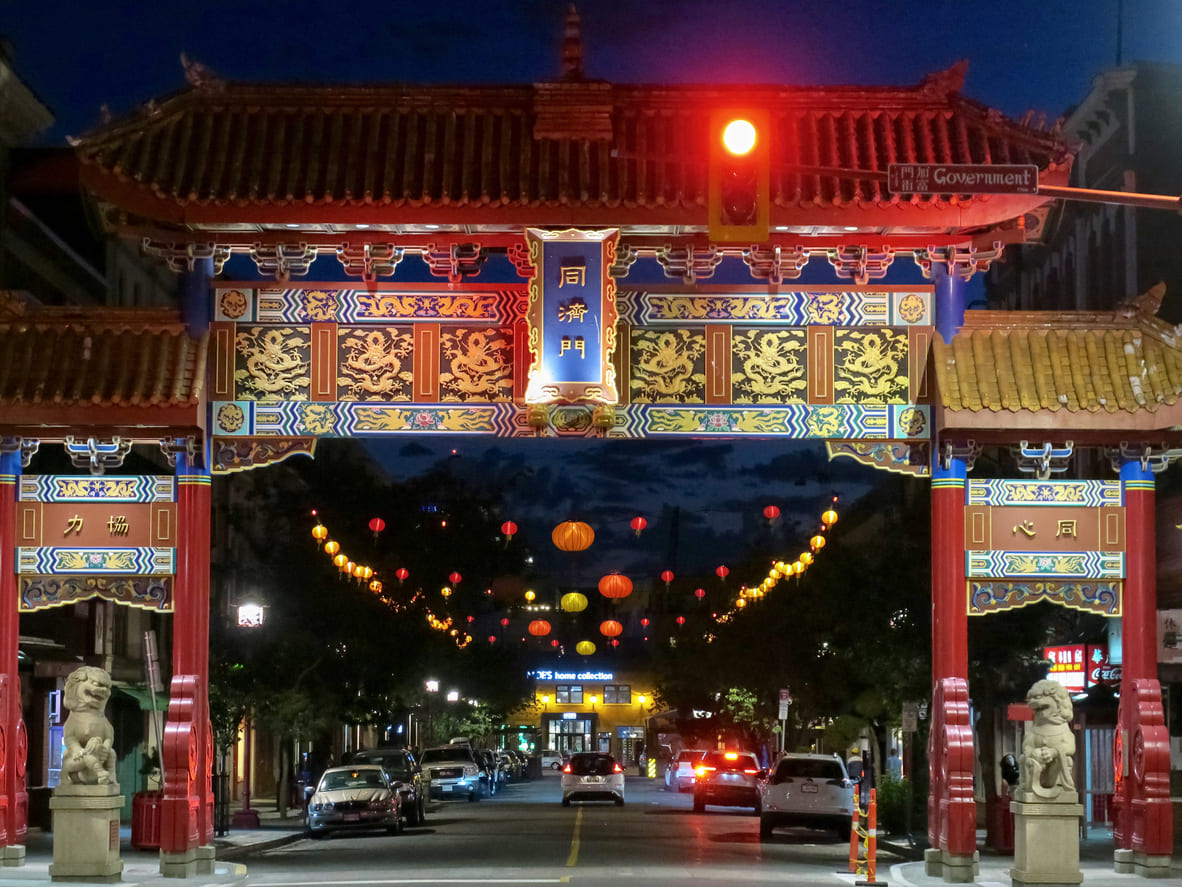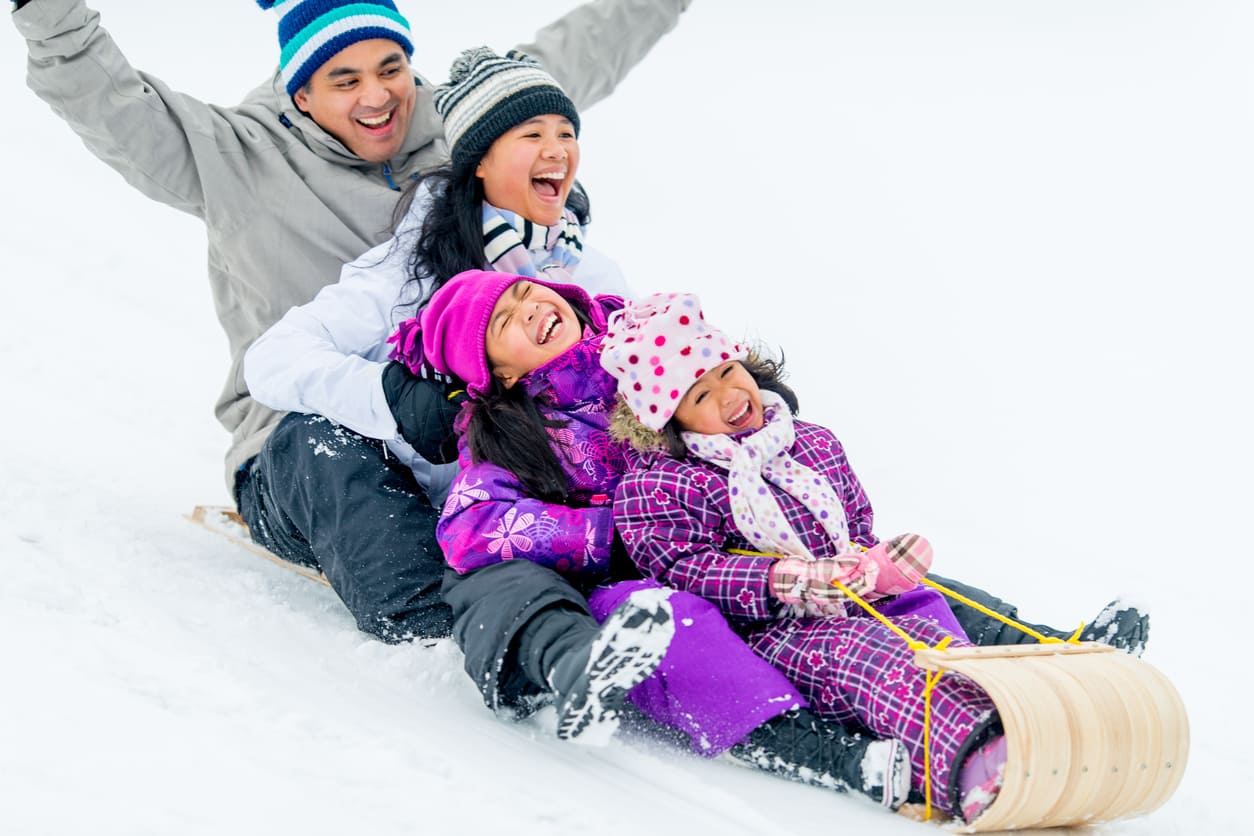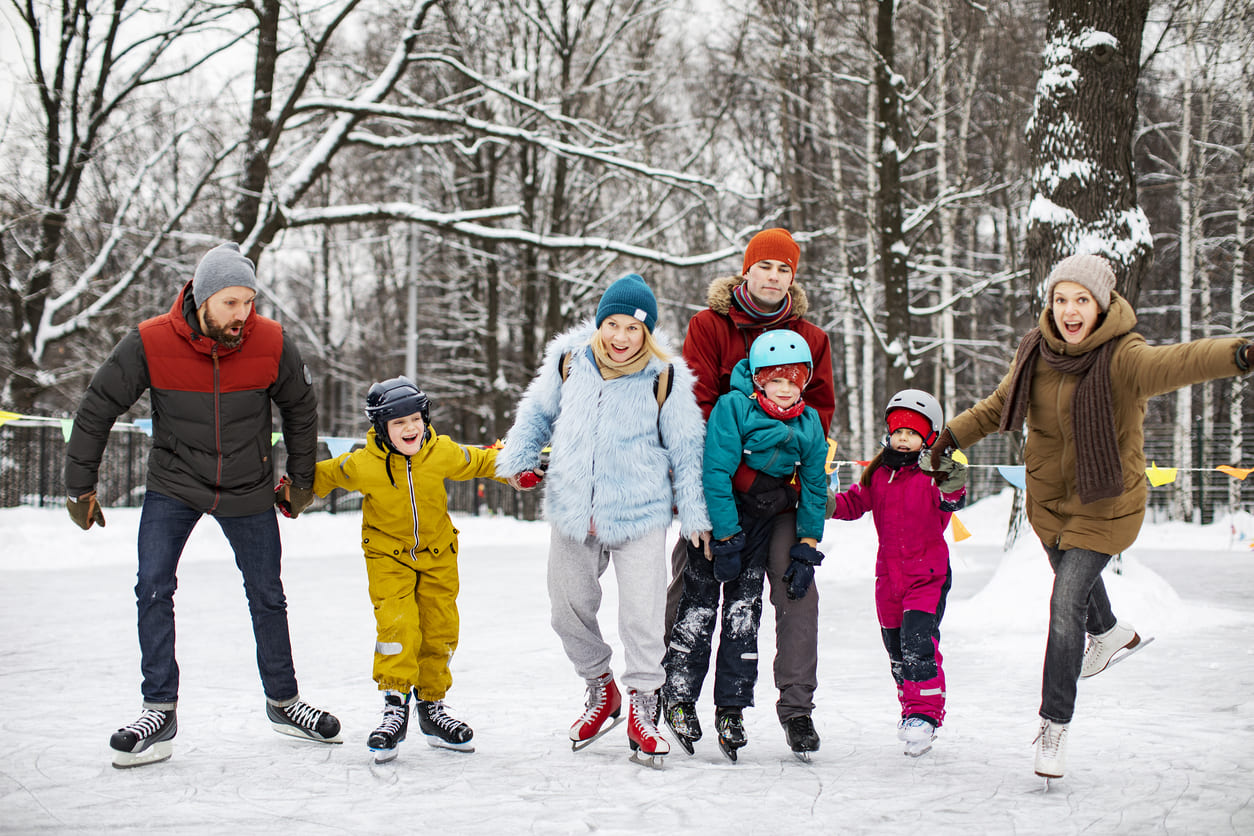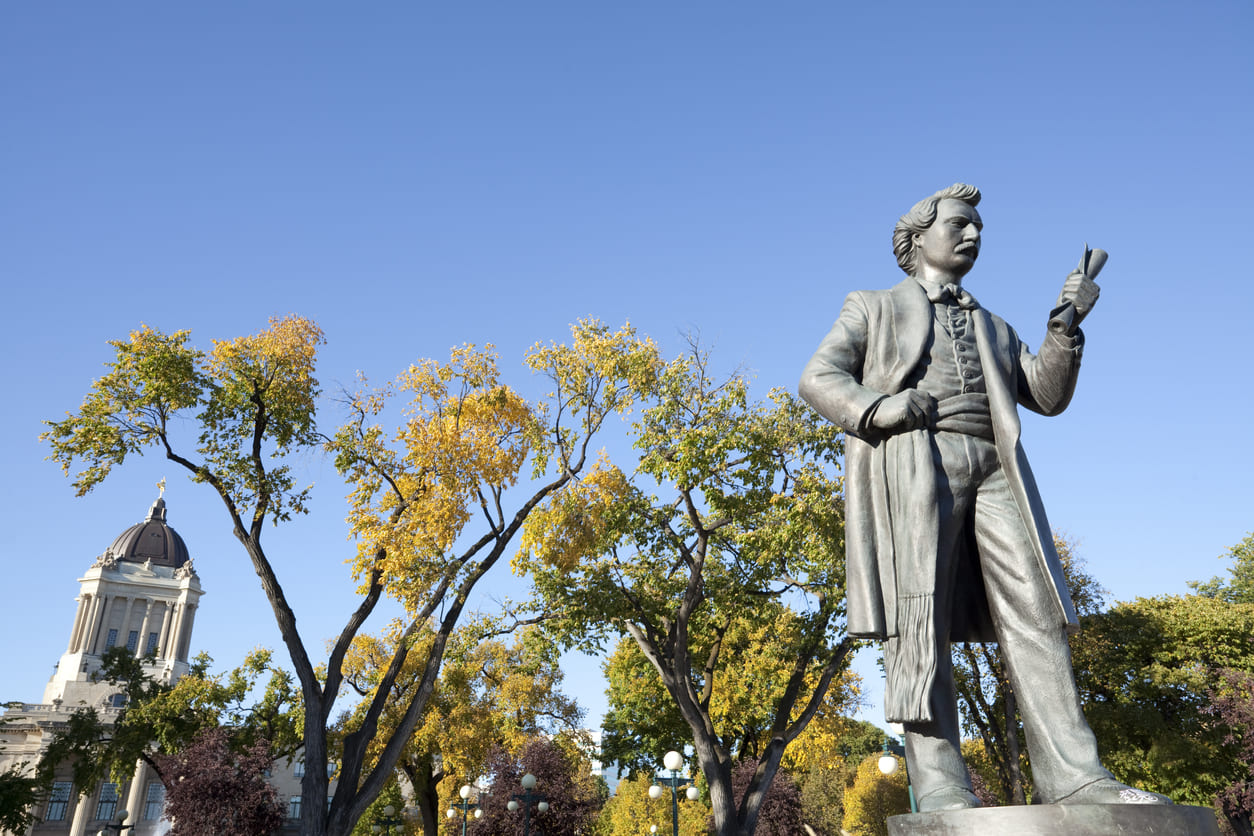Dates of Lunar New Year in Canada
| 2026 | Feb 17 |
| 2025 | Jan 29 |
| 2024 | Feb 10 |
Canada Holiday Calendars
Lunar New Year is widely celebrated across Canada, especially in cities with large East Asian communities. Festivities include family gatherings, cultural performances, parades, and fireworks, with many businesses and public spaces embracing the holiday spirit.
Lunar New Year: A Public Holiday?
Lunar New Year is not a public holiday in Canada; businesses and government offices remain open, but many communities celebrate with festivals, family gatherings, and cultural events.

Lunar New Year
The Lunar New Year has been celebrated in Canada for over a century, brought by Chinese immigrants who arrived during the late 19th and early 20th centuries. Rooted in the Chinese Calendar, a traditional lunisolar system, the festival marks the beginning of a new year based on the moon's cycles and solar alignment. As Chinese communities grew—especially in cities like Vancouver, Toronto, and Montreal—the celebration became a major cultural event. Over time, other Asian communities, including Vietnamese and Korean Canadians, introduced their own traditions, enriching the festivities and making them more diverse and inclusive.
As Canada's multicultural identity developed, Lunar New Year gained broader recognition beyond East Asian communities. Schools, businesses, and even government institutions acknowledge the holiday, with many cities hosting public events and festivals. Though it is not a public holiday, its importance continues to grow, with many non-Asian Canadians joining the celebrations, appreciating the traditions, and embracing the spirit of renewal and prosperity that the festival represents.
Observance of Lunar New Year in Canada
Lunar New Year in Canada is celebrated with family gatherings, festive meals, and cultural performances. Many families prepare traditional dishes, clean their homes to welcome good fortune, and exchange red envelopes containing money as a symbol of luck and prosperity. Chinatowns in major cities like Vancouver, Toronto, and Calgary come alive with lion and dragon dances, fireworks, and public celebrations, attracting people from all backgrounds. Many temples and cultural centers also hold special ceremonies, allowing people to honor their ancestors and seek blessings for the new year.
Beyond family traditions, Lunar New Year has become a widely recognized cultural event in Canada. Shopping malls, businesses, and government buildings display festive decorations, and some workplaces offer flexible hours for employees celebrating the holiday. Schools educate students about Lunar New Year customs, and some cities even host large-scale parades and public festivities. The celebrations provide an opportunity for Canadians to learn about East Asian traditions and foster cultural appreciation. Media coverage of the event has also expanded, with television networks and social media platforms showcasing festive content.
Lunar New Year is important in Canada because it promotes cultural diversity, unity, and shared traditions. It allows East Asian communities to stay connected to their heritage while sharing their customs with the broader Canadian society. The festival represents new beginnings, family values, and prosperity, which resonate with many Canadians, regardless of their cultural background. As Canada continues to embrace multiculturalism, Lunar New Year remains a vibrant and cherished celebration that brings people together in the spirit of joy, renewal, and good fortune.
Lunar New Year Observances
| Year | Date | Weekday | Name | Holiday Type |
|---|---|---|---|---|
| 2024 | Feb 10 | Sat | Lunar New Year | Observance |
| 2025 | Jan 29 | Wed | Lunar New Year | Observance |
| 2026 | Feb 17 | Tue | Lunar New Year | Observance |
| 2027 | Feb 6 | Sat | Lunar New Year | Observance |
| 2028 | Jan 26 | Wed | Lunar New Year | Observance |



